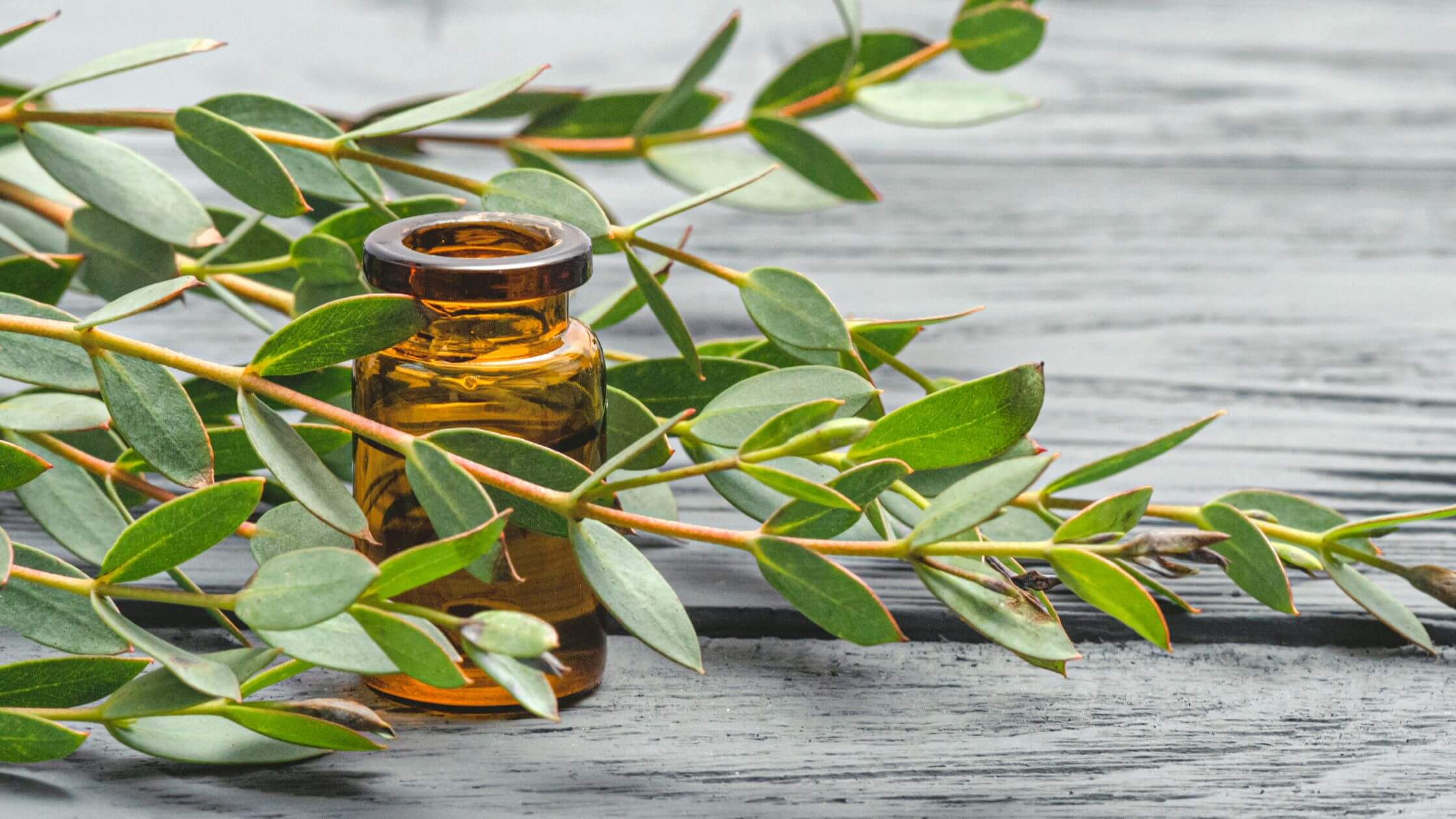
One of the most common genus of trees we grow are the Eucalypts. This year TreeProject volunteer growers have sown 33 different Eucalyptus Species, totalling around 34,656 plants, including over 4,600 Messmates (Euc obliqua), over 3,500 Swamp Gums (Euc ovata) and over 3,100 Yellow Box (Euc melliodora).
While we at TreeProject grow Eucalyptus for the conservation of native bush and habitats only, there is another reason why Eucalyptus trees are grown – for the cosmetic industry.
A staple in the range of essential oil companies, Eucalyptus oil has been touted as the cure for many ailments – from cough relief (think Vicks VapoRub) to joint pain. But did you know the following information about Eucalyptus oil?
- The first production of eucalyptus oil was from Narrow-Leaved Peppermint (Euc radiata). Eucalyptus oil is now mainly produced from Southern Blue Gum (Euc globulus).
- Traditionally, River Red Gum (Euc camaldulensis) was used to disinfect cuts and sores. The sap was collected, boiled in water and rubbed onto wounds.
- The leaves of the Broad Leaved Peppermint (Euc dives) were burned, and the smoke was inhaled to treat fevers.
- The main component of eucalyptus oil is Cineole, which is poisonous to many species including humans, but not to Koalas, Greater Gliders and Ringtail Possums, which have digestive systems adapted to detoxify the poisonous leaves
- Cineole is well known for its disinfectant, anti-inflammatory, antioxidant, bronchodilatory, antiviral and antimicrobial effects.
- The antiseptic properties of cineole kill the bacteria that can cause bad breath. Some mouthwashes use eucalyptus to help prevent plaque and gingivitis.
- Eucalyptus oil has been used in the treatment of respiratory diseases, such as colds and bronchitis, for chronic and inflammatory diseases like asthma and hay fever, and externally in rheumatic diseases.
- Eucalyptus oil may be effective in reducing pain, swelling, and inflammation. In a clinical trial, people who inhaled eucalyptus oil as an aromatherapy treatment experienced reduced pain and blood pressure after knee replacement surgery.
DO NOT take eucalyptus oil orally (by mouth) except under your doctor’s supervision due to toxicity.
Please note that TreeProject only supplies trees for the purposes of revegetation, habitat and native forest conservation.
Article by Debbie Ho
